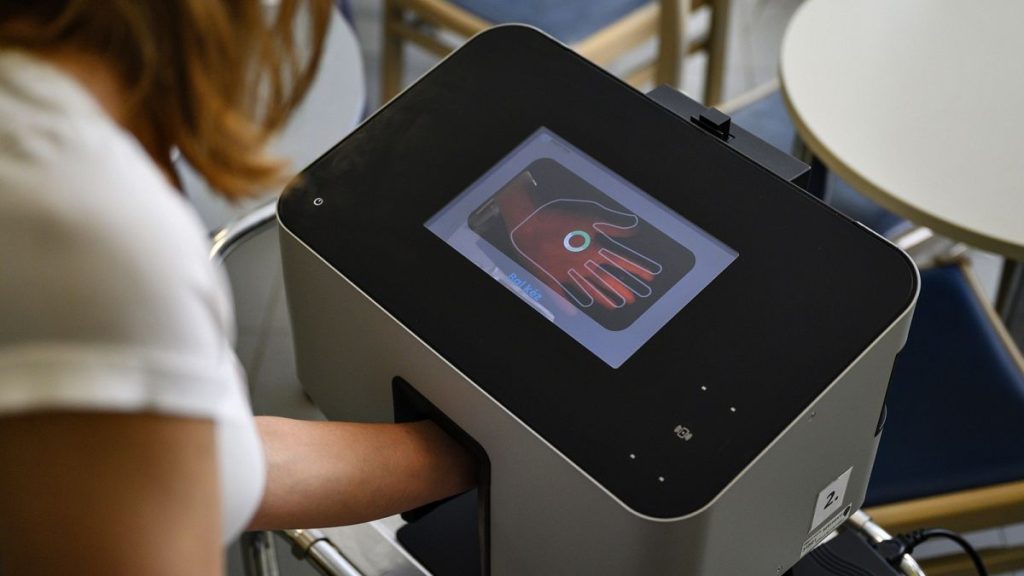The European Commission has launched a probe to examine how China favours domestic companies in tenders for medical devices, leading to accusations of discrimination against European companies. China’s practices include slow certification processes, opaque approval systems, and policies to strengthen its national economy. The EU’s medical device industry, which includes major exporters like Germany, the Netherlands, Ireland, France, and Belgium, has reported that Chinese tenders now specifically request China-made products. The probe will last nine months and may result in retaliatory measures if confirmed, potentially cutting Chinese companies off from EU public procurement or imposing limitations based on tender value. The aim is to ensure fairness for European suppliers in the Chinese market.
The investigation into China’s practices in the medical device sector comes under the International Procurement Instrument (IPI), a legislative tool designed to combat unfair competition faced by the EU from countries like China. Beijing’s heavily centralised economy employs various tactics such as subsidies, cheap loans, tax breaks, and regulatory requirements to favour domestic companies over foreign rivals. This has led to tensions with Western allies, who are working to protect themselves from Chinese tactics and prevent a flood of cheap Chinese exports. The EU’s recent actions against Chinese companies in various sectors, including wind turbines, solar panels, and electric vehicles, are part of efforts to address these issues and level the playing field for European businesses.
The probe on medical devices is part of a broader strategy to defend the EU’s market integrity and prevent the erosion of domestic companies in the face of competition from China. The EU has introduced legislative tools like the IPI to address unfair practices and protect European industries. The latest investigations into Chinese companies in Poland and the Netherlands, as well as ongoing inquiries into sectors like wind turbines, solar panels, and electric vehicles, highlight the EU’s commitment to combatting unfair trade practices. These initiatives are seen as crucial in ensuring a level playing field for European companies and holding foreign competitors accountable for their actions.
China’s role as a partner, economic competitor, and systemic rival for the EU has led to increasing tensions and the need for measures to protect European businesses from unfair competition. Margrethe Vestager, the European Commission’s executive vice-president, has emphasized the convergence of economic competition and systemic rivalry with China. While these initiatives have been welcomed by most European capitals as necessary steps to safeguard the single market and prevent the dominance of foreign companies, Beijing has criticized the EU for what it perceives as protectionist measures. The EU’s actions reflect a broader trend of major economies seeking to address unfair trade practices and protect domestic industries from the impact of global competition.
The EU’s probe into China’s practices in the medical device sector is part of a broader effort to address unfair competition and ensure a level playing field for European companies. The use of legislative tools like the IPI highlights the EU’s commitment to protecting its market integrity and supporting domestic industries. The ongoing investigations into Chinese companies across different sectors demonstrate the EU’s determination to hold foreign competitors accountable for unfair trade practices. By taking these actions, the EU aims to protect European businesses, promote fair competition, and address challenges posed by China’s economic policies and practices in key sectors like medical devices.


